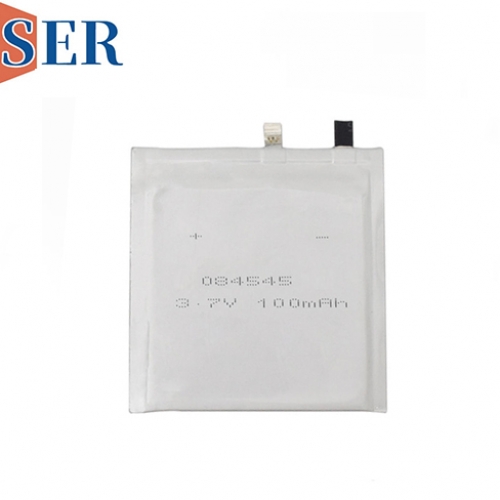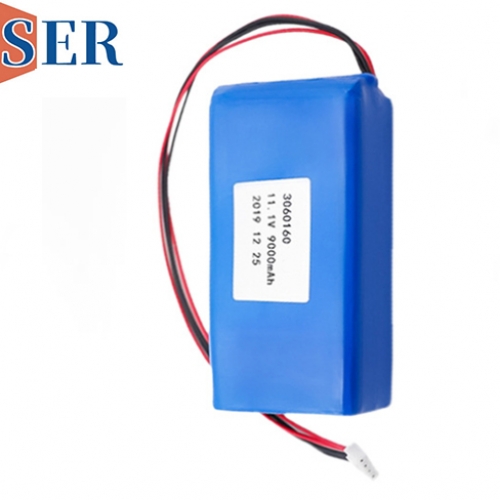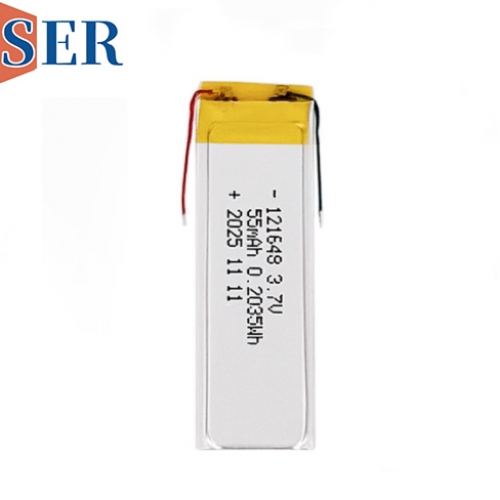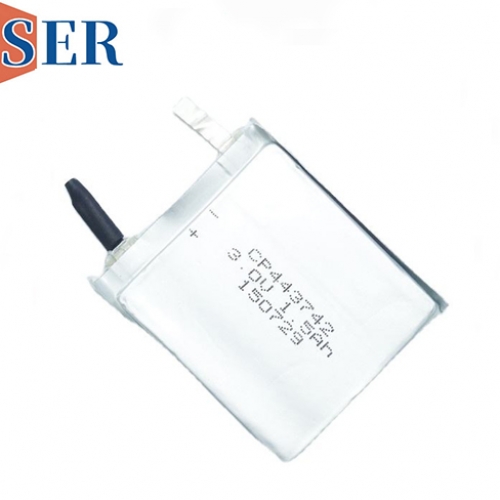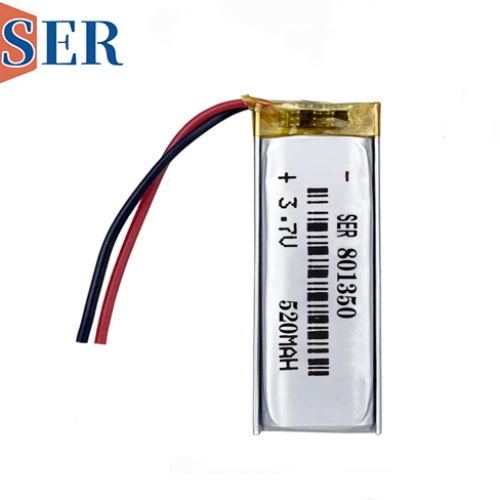Lithium Polymer Batteries: The Future of High-Performance Energy Storage
Lithium Polymer Batteries: The Future of High-Performance Energy Storage
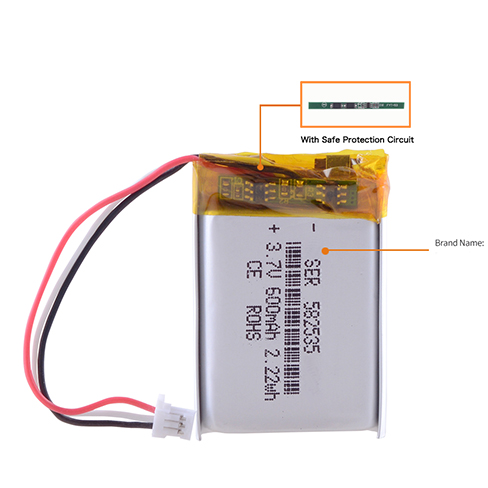
In the rapidly evolving world of battery technology, lithium polymer batteries (LiPo) have emerged as a promising contender, offering significant advantages over traditional lithium-ion batteries. These batteries, belonging to the broader lithium-ion battery family, exhibit unparalleled characteristics in terms of energy density, size reduction, weight reduction, safety, and cost-effectiveness. This article delves into the intricacies of lithium polymer batteries, highlighting their advantages and exploring their widespread applications in various digital devices.
I. Introduction to Lithium Polymer Batteries
Lithium polymer batteries, commonly referred to as LiPo batteries, are a type of rechargeable battery that utilizes lithium ions as the primary charge carriers. These batteries differ from traditional lithium-ion batteries primarily in their use of a polymer electrolyte instead of a liquid electrolyte. This polymer electrolyte allows for a more flexible and customizable design, enabling the batteries to achieve a thinner, lighter, and safer form factor.
II. Advantages of Lithium Polymer Batteries
High Energy Density
Lithium polymer batteries are renowned for their high energy density, meaning they can store more energy per unit volume compared to other battery types. This allows for longer runtimes in devices without the need for bulky battery packs. The high energy density of LiPo batteries is attributed to their ability to utilize lithium ions more efficiently, as well as their thin and lightweight design.
Miniaturization, Thinness, and Lightweightness
Due to the flexibility of the polymer electrolyte, lithium polymer batteries can be designed in ultra-thin and lightweight forms. This enables them to be easily integrated into devices with limited space, such as smartphones, tablets, and wearable electronics. The thin and lightweight nature of LiPo batteries also makes them more suitable for portable applications where weight and size are critical factors.
High Safety
Lithium polymer batteries are considered safer than traditional lithium-ion batteries due to their polymer electrolyte. Unlike liquid electrolytes, which can leak or explode under certain conditions, polymer electrolytes are more stable and less prone to such hazards. Additionally, the aluminum plastic composite film used as the outer shell of LiPo batteries provides further protection against leaks and explosions.
Cost-Effectiveness
Although lithium polymer batteries may have a higher initial cost compared to some other battery types, their long lifespan and high energy density make them cost-effective in the long run. These batteries can last for hundreds of charge-discharge cycles, significantly reducing the need for frequent replacements. Furthermore, the high energy density of LiPo batteries allows for the use of smaller and lighter battery packs, reducing material costs and overall weight.
III. Comparison with Liquid Lithium-Ion Batteries
Lithium polymer batteries offer several advantages over liquid lithium-ion batteries, which have been the dominant battery type for many years. Here are some key differences:
Safety
As mentioned earlier, lithium polymer batteries are safer than liquid lithium-ion batteries due to their polymer electrolyte. The polymer electrolyte is less prone to leaks and explosions, making LiPo batteries a safer choice for various applications.
Flexibility
The polymer electrolyte of lithium polymer batteries allows for a more flexible design. This enables LiPo batteries to be shaped into thin, curved, or even customized forms, adapting to the specific needs of different devices. Liquid lithium-ion batteries, on the other hand, are limited by their rigid liquid electrolyte and are typically designed in standard shapes and sizes.
Lightweightness
Lithium polymer batteries are lighter than liquid lithium-ion batteries due to their thinner and more compact design. The polymer electrolyte and aluminum plastic composite film shell contribute to the lightweight nature of LiPo batteries, making them ideal for portable devices.
IV. Applications of Lithium Polymer Batteries
Lithium polymer batteries have found widespread applications in various digital devices due to their unique advantages. Here are some of the key applications:
Smartphones and Tablets
Smartphones and tablets are among the most common applications for lithium polymer batteries. The thin and lightweight design of LiPo batteries allows them to be easily integrated into these devices, providing long runtimes without adding significant bulk or weight.
Wearable Electronics
Wearable electronics, such as smartwatches and fitness trackers, require compact and lightweight batteries to ensure comfortable wear. Lithium polymer batteries are ideal for these applications, offering high energy density and flexibility in design.
Cameras and Drones
Cameras and drones often require batteries that can provide long runtimes and withstand harsh conditions. Lithium polymer batteries are well-suited for these applications, offering high energy density, durability, and safety.
Laptops and Ultrabooks
Laptops and ultrabooks are increasingly adopting lithium polymer batteries due to their thin and lightweight design.

